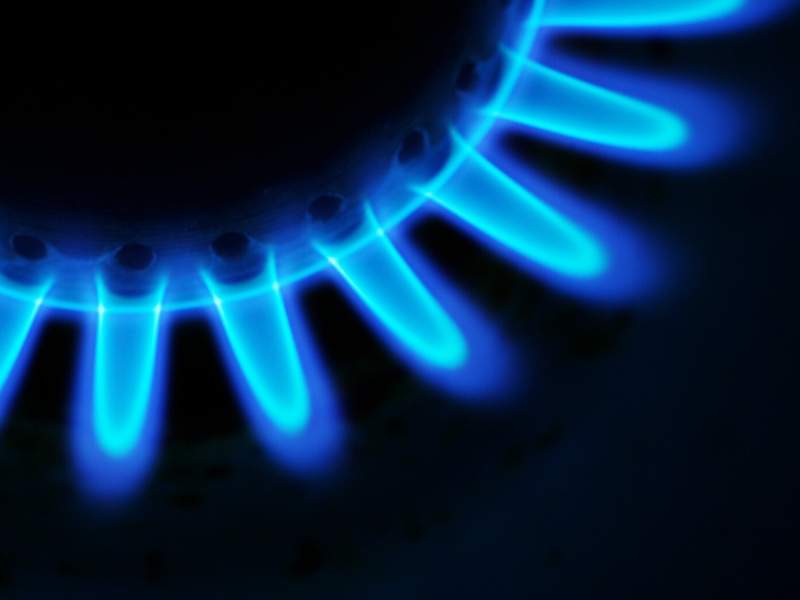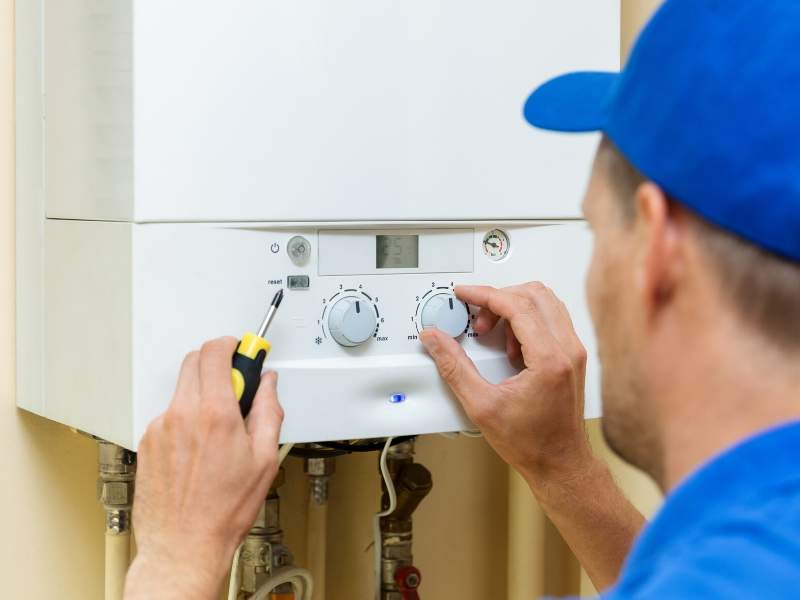If you have gas mains in your home, or even if you use bottled gas, it’s important to be aware of the dangers of gas leaks; how to detect a leak and what to do if it happens. This knowledge might literally save your life.
The Dangers of Home Gas Leaks

Volatile Gas Leaks
You probably already know that gas is highly flammable. After all, it comes into your home to burn and supply heat. If you have a gas boiler, it creates hot water and heats your home. It is also utilized in gas stoves and ovens as well as gas-powered heaters.
When gas leaks it is so volatile that even a lit match causes an explosion. However, this is not the only thing that can ignite gas; any spark will create an explosion if there is a big enough build-up of gas. A spark might even ignite the gas just by turning on the light switch!
Carbon Monoxide Leaks
But that’s not the only danger associated with gas. Carbon monoxide has no smell, is invisible, and is produced when the gas doesn’t fully burn. Unfortunately, several home appliances are able to cause a carbon monoxide leak. The most immediate sources to look for are gas cooking stoves, boilers, gas tumble dryers, furnaces, gas or kerosene heaters, water heaters, charcoal grills, and wood stoves.
Carbon monoxide has no smell and is not visible. However, if you breathe it in you’ll get an upset stomach, start to feel sick, have fuzzy vision, get really dizzy and feel tired. It can seem like you have the flu but every member of the household will have the same symptoms. This is a signal that it is more than just a winter bug. Carbon monoxide poisoning has caused many deaths so it is something to take seriously.
What To Do If You Get a Leak

The first thing to remember is that gas is dangerous. If you think you have a gas leak then contact a reputable plumber in Sydney. They will be able to identify the issue and fix it for you. Before you ring the plumber though it is a good idea to shut the gas off to your home; not just the appliance. This will prevent it from escaping into your home until the issue can be fixed.
However, to detect a carbon monoxide issue it is essential that you have a carbon monoxide detector installed which makes a sound like a smoke alarm when it detects the toxins.
It is worth noting that natural gas has a chemical added which ensures that you will smell it. If you detect a rotten egg-like smell in your home then you probably have a gas leak and need to take action. The good news is you will most likely notice this smell before you have any serious issues.
Although gas leaks are extremely dangerous, regular inspection of your appliances and pipes by a qualified plumber will help to reduce the risk. In fact, the number of incidents of natural gas leaks each year is surprisingly low.
Other Posts You Might Enjoy:
3 DIY Sustainability Weekend Projects for Your Home
3 Easy Tips for a Home DIY Plumbing Inspection





